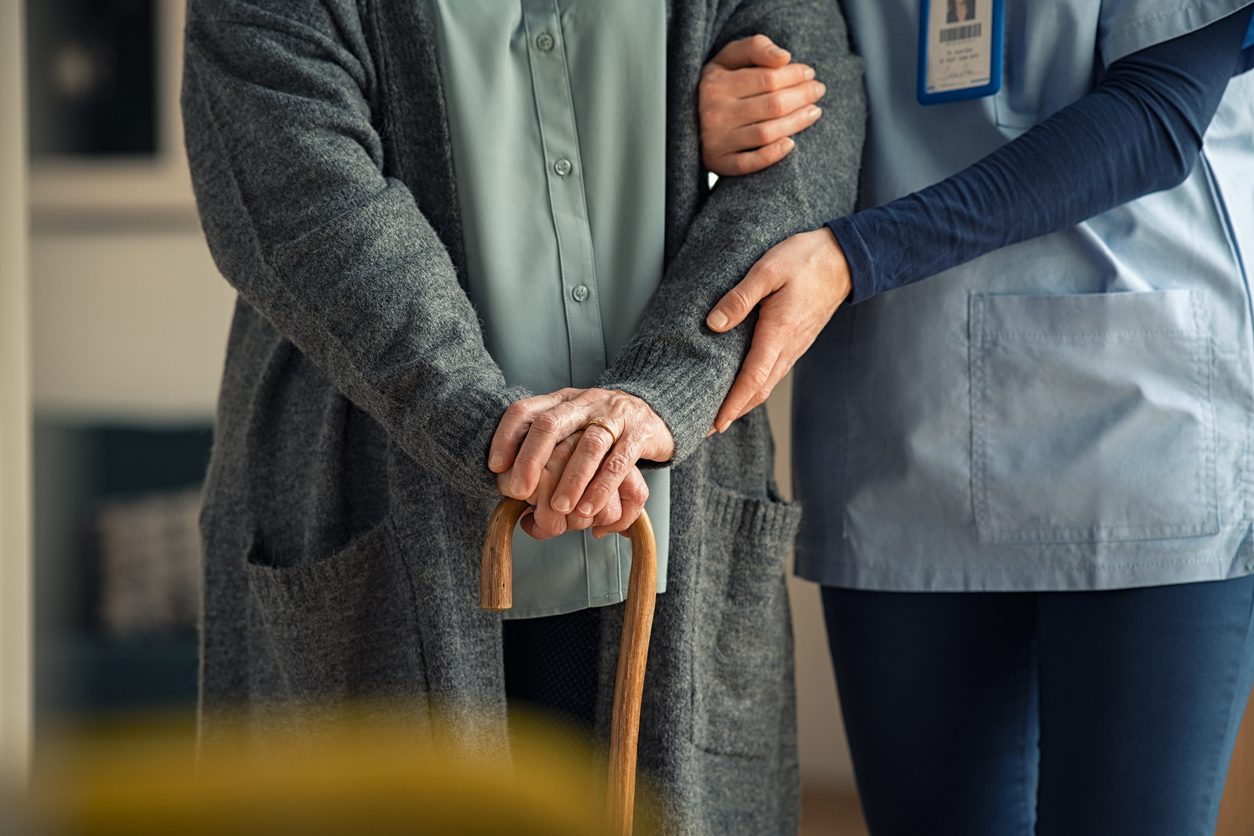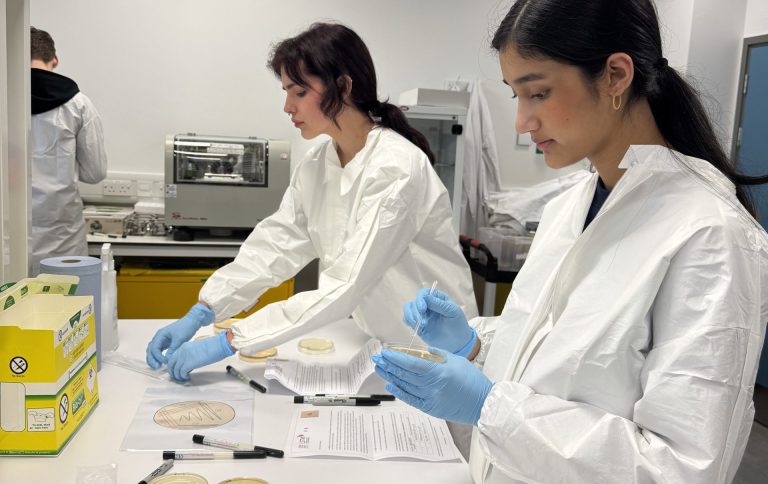- Find our latest Case Studies
- Our Platforms
iiCON launches project to track resistant bacteria within the community

iiCON: Infection Innovation Consortium has launched a collaborative project to track the spread of antimicrobial-resistant (AMR) bacteria in Liverpool.
The “Tracking AMR Across Care Settings in Liverpool” (TRACS-Liverpool) project brings together iiCON partners: Liverpool School of Tropical Medicine (LSTM), Unilever, NHS Liverpool University Hospital Foundation Trust (LUHFT), alongside the University of Lancaster. The partners are delivering an interdisciplinary study to monitor the key transmission routes of resistant bacteria between care homes, hospitals and the community in Liverpool.
Antibiotics are one of the most successful treatments available to modern medicine but antimicrobial resistance (AMR) threatens their continued usefulness. The World Health Organisation has identified some resistant bacteria as a particular threat, including from the group to which common bacteria like E. coli belong. Vulnerable adults requiring frequent hospital admissions, residential or nursing home care are at particular risk from severe disease from these bacteria, but it is not known exactly where, how and when this acquisition happens, or how it could be interrupted.
The TRACS-Liverpool project aims to investigate transmission of specific AMR resistant bacteria in hospitals and care homes by recruiting residents and patients and collecting stool samples over a period of 12 months. By testing the stool and using genome sequencing and modelling techniques to track bacteria the study aims to identify where transmission of resistant bacteria is happening.
This testing will be accompanied by a health systems analysis looking at areas including data management and staff training to identify best practice as well as factors that could be contributing to onward transmission.
The findings from the study will be shared with hospital flow teams and participating care homes to co-design and pilot interventions to block transmission and, ultimately, reduce the number of drug-resistant infections.
Maria Moore, the TRACS study coordinator, said: “Monitoring the spread of resistant bacteria between care settings and the wider community to ensure we understand key routes of transmission is an incredibly important step along the journey to gaining a more informed and accurate understanding of AMR and how it operates within communities.
“As with COVID in early 2020, the major transmission routes of resistant bacteria between the community, care homes and hospitals are not well understood. Our project brings together an expert and highly complementary group of partners working collaboratively to explore and unlock this key issue.
“Following our initial study, we will also be working with hospital and care home partners to explore areas where best practice has helped to reduce the spread of resistant bacteria and look at elements that could be improved or changed to limit the transmission of bacteria.”
A Global Approach to a Global Issue
The study in Liverpool will also be used to provide comparative data from the UK to complement research being delivered through LSTM and iiCON in low- and middle-income countries, including Malawi.
This research is investigating drivers of transmission of resistant bacteria within international communities and is also exploring the downstream impact of excretion of resistant bacteria into the environment on human health.
The learnings from both research projects will be used to support health interventions in varied settings. This will include supporting industry and global policy makers to ensure optimal product usage to reduce environmental transmission of resistant bacteria within communities.
Professor Nick Feasey, iiCON workstream lead and Professor of Clinical Microbiology at the Liverpool School of Tropical Medicine, is leading the programme which is based from the Malawi Liverpool Wellcome Research Programme in Blantyre, Malawi. Through iiCON, this research supports innovation and product development, providing industry and policy makers with the expert insight required to optimally position health interventions.
Professor Janet Hemingway, iiCON Director, said: “Through iiCON, industry partners are able to leverage LSTM’s world-leading expertise in mapping and modelling of the transmission and dissemination of pathogens at a micro and macro level.
“At the macro-scale, we are looking at the movement of pathogens in different environments. This allows us to experimentally track and support modelling of environmental shedding of bacteria and viruses and track movement through water, air or waste water systems, alongside person-to-person transmission, in a diverse range of socio-economic settings.
“This enables effective positioning of a broad range of health interventions including clinical, hygiene, and diagnostic products – guiding and equipping industry partners with the understanding needed to shape and position interventions to ensure optimum benefit to patient and communities.”


